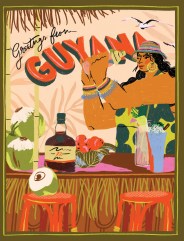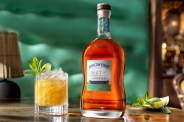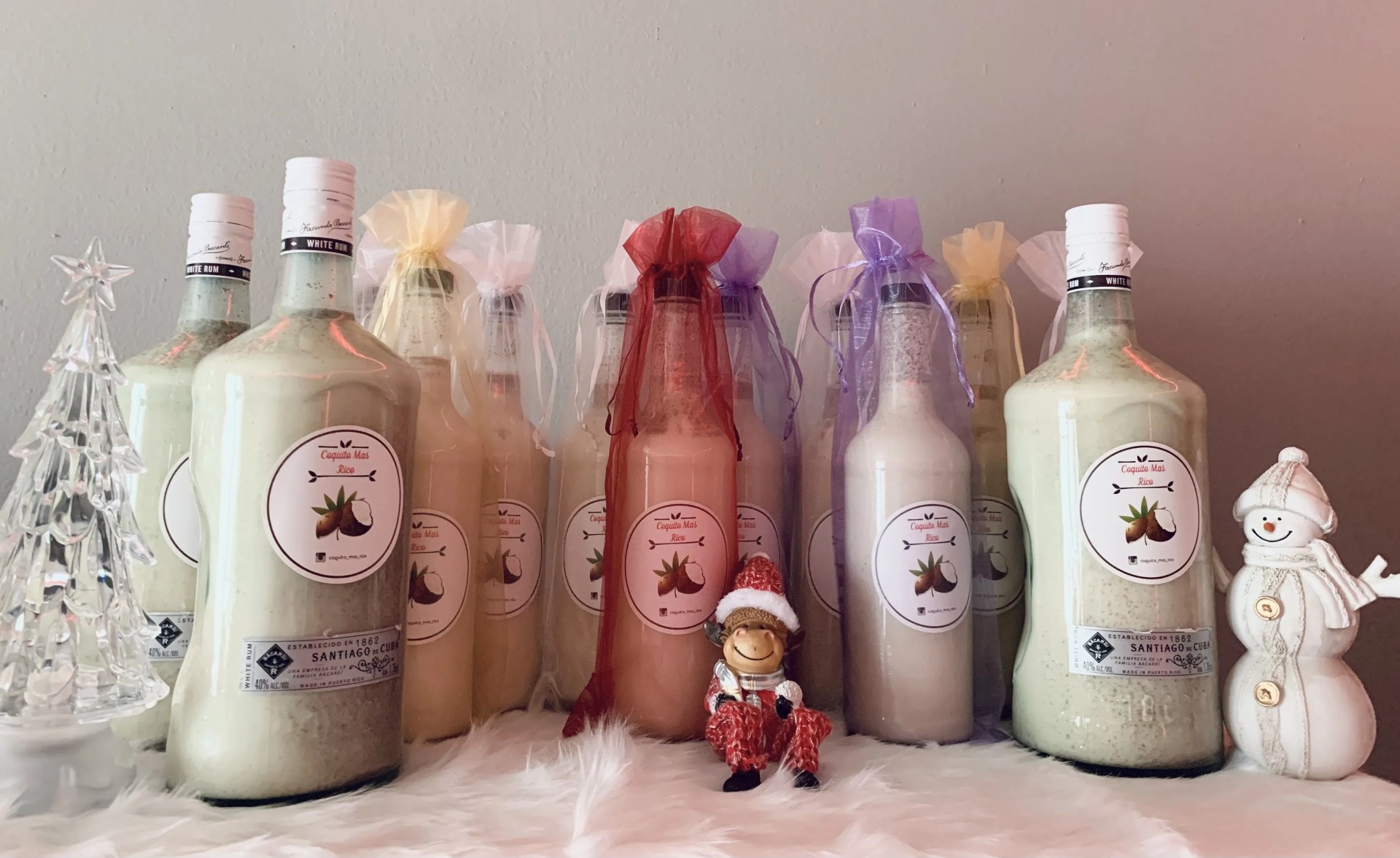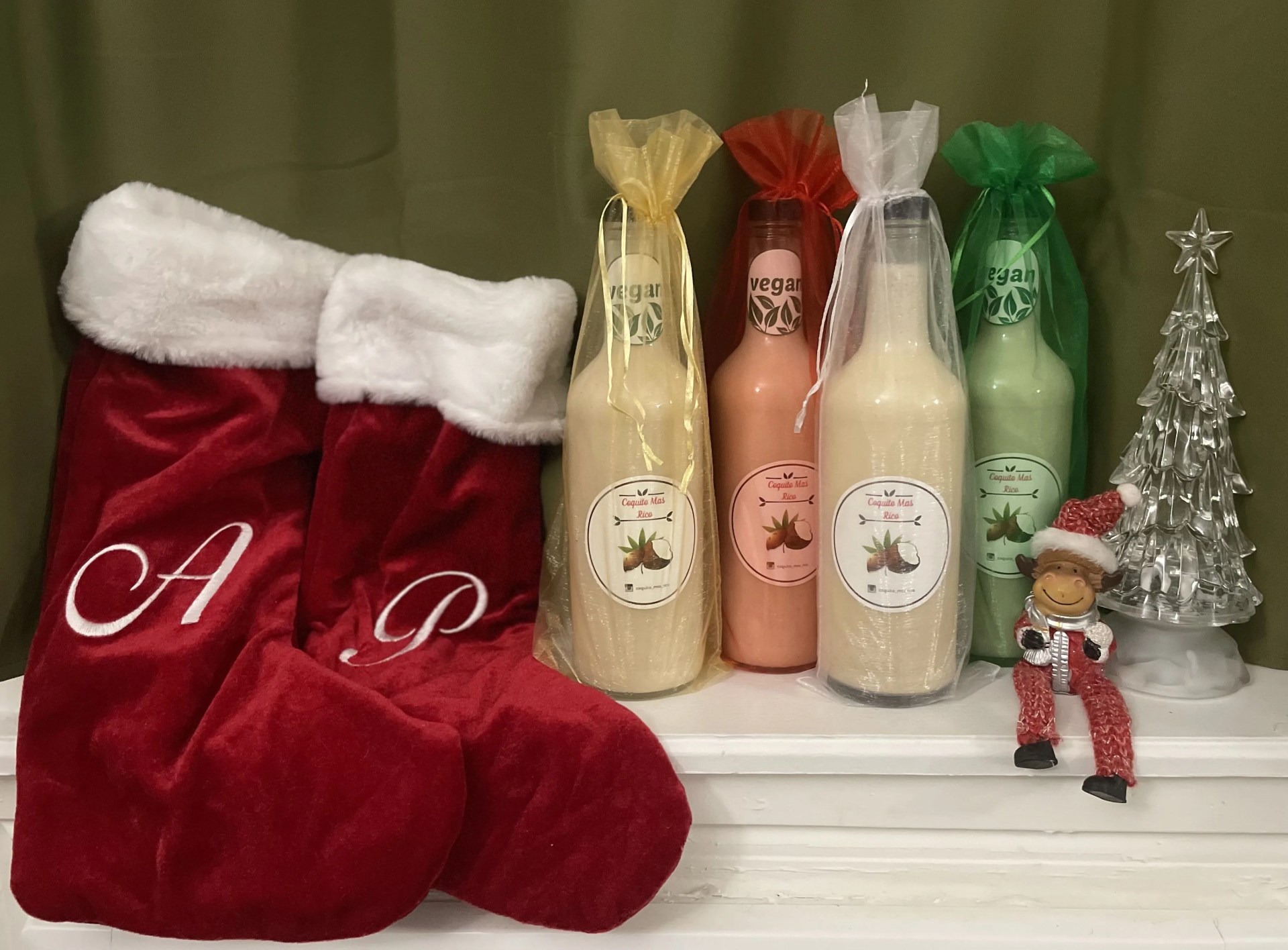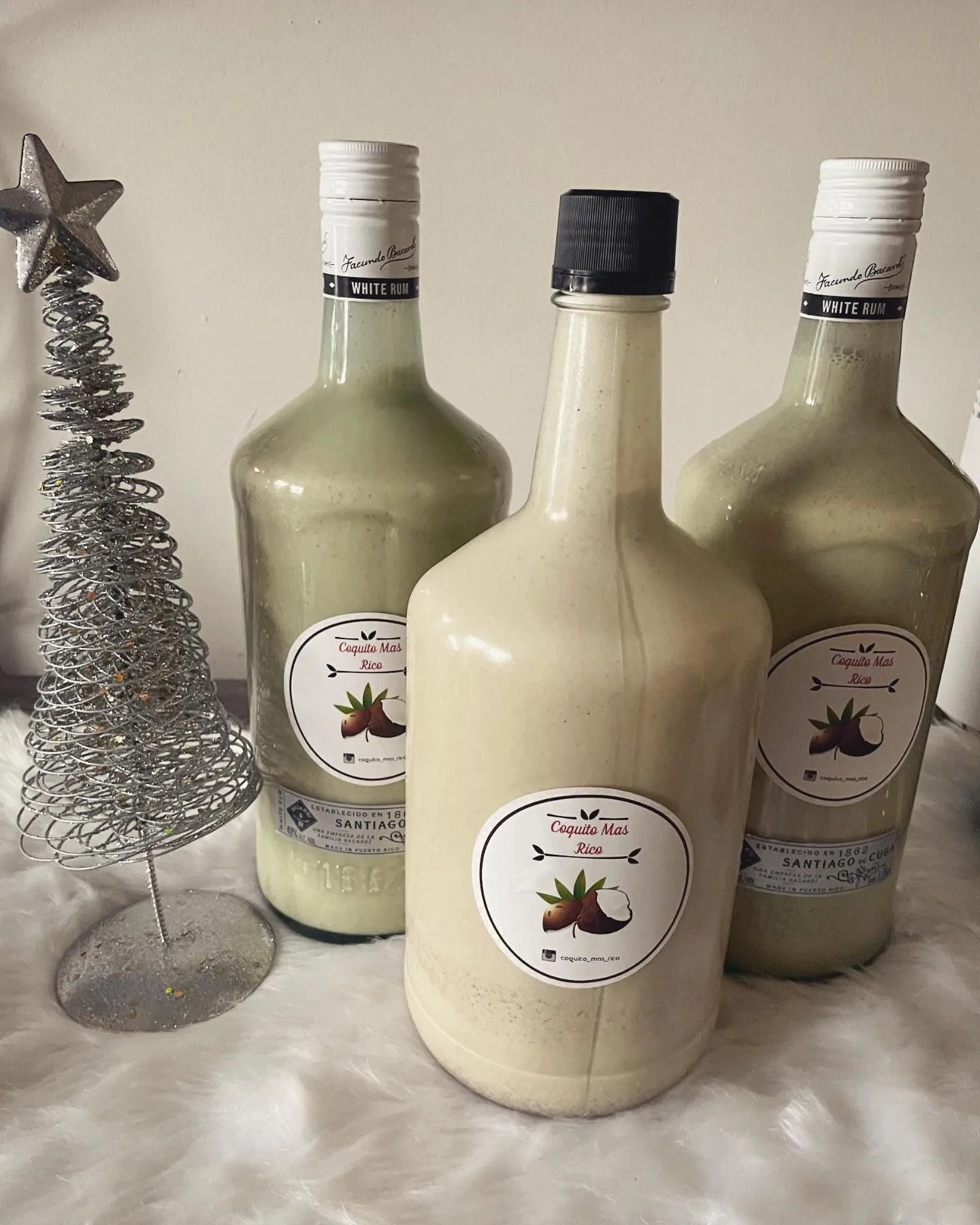If you’ve lived in New York City around Christmastime, you may have heard whispers about coquito — a coconut-and-rum-based egg nog-like beverage that seems to be everywhere in certain neighborhoods in December. The drink, which originated in Puerto Rico, seems almost omnipresent among the city’s sizable Puerto Rican and Dominican diaspora, and if you ask around you’re bound to find someone who knows someone who not only makes coquito, but will sell you a bottle — usually in a repurposed spent rum bottle.
Technically, it’s illegal to sell coquito without a liquor license in New York, but you’re likely to have a harder time finding the stuff legally. Few legal options exist — Bacardi debuted its version just three years ago — and while the store-bought versions are fine if that’s all you have access to, they pale in comparison to the homemade stuff.
The illegality of selling homemade coquito, coupled with the need to “know someone” in order to obtain it, might cast a negative light on the beverage for some. And yet, coquito does not suffer from the same poor reputation as New York’s other illegally sold homemade hooch, the high-proof juice concoction known as Nutcracker that’s all over the streets of Harlem and Washington Heights every summer. That’s probably because coquito is not associated with teenage partying but rather family togetherness at the holidays with a deep and historic connection to some of New York’s most vibrant and visible communities.
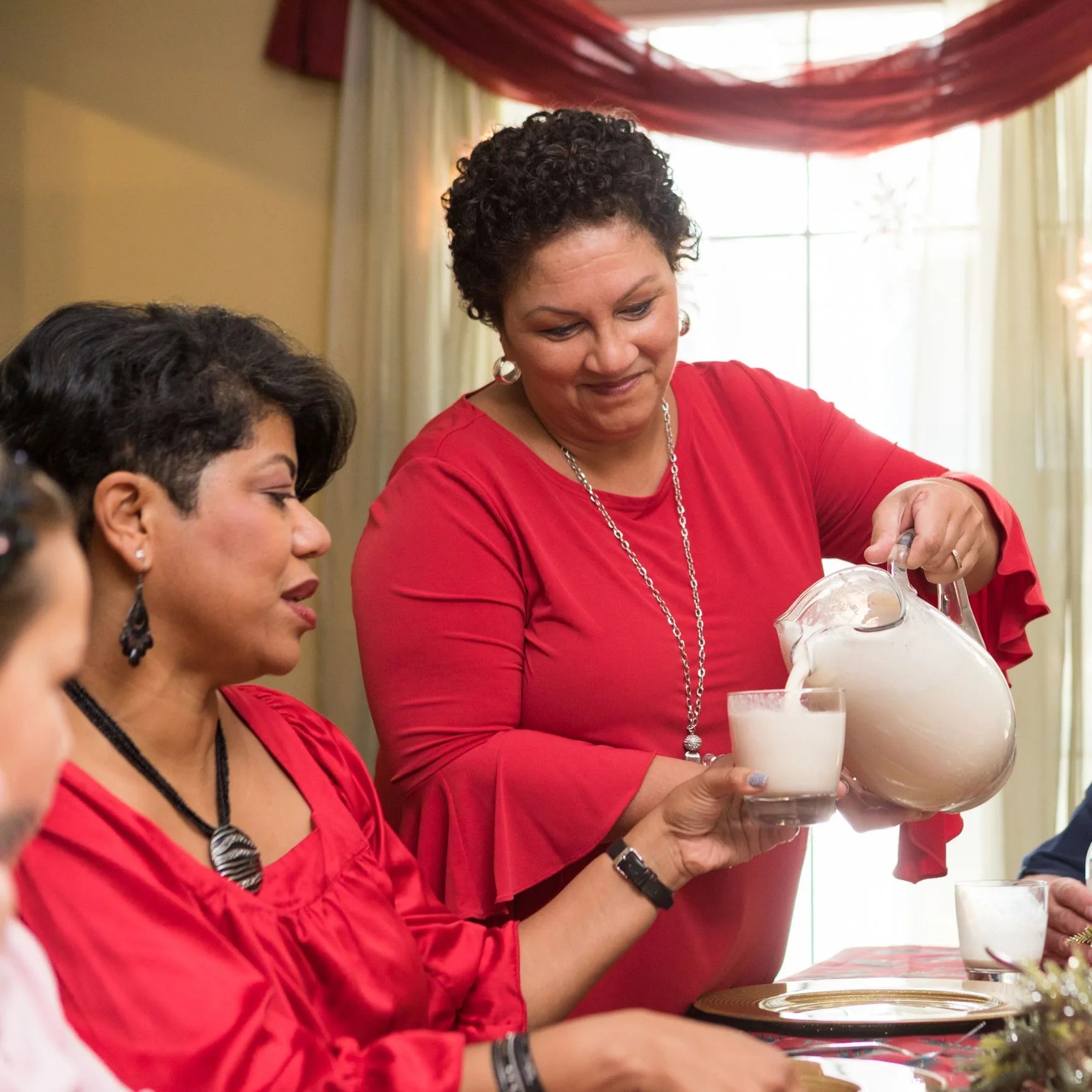
To find out more about coquito’s connection to Puerto Rican culture in New York City (as well as how to make the stuff), I chatted with a woman who operates a holiday coquito-selling outfit out of Harlem called Coquito Mas Rico that sells both traditional and vegan coquito. To protect her identity, she has asked to be referred to only by her nickname, A-Rod.
Note: Selected portions of this interview have been condensed for clarity and length.

